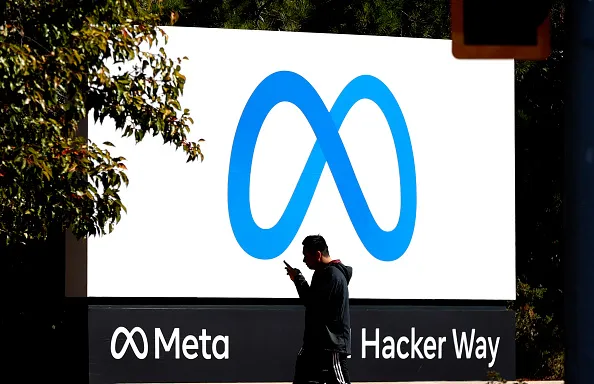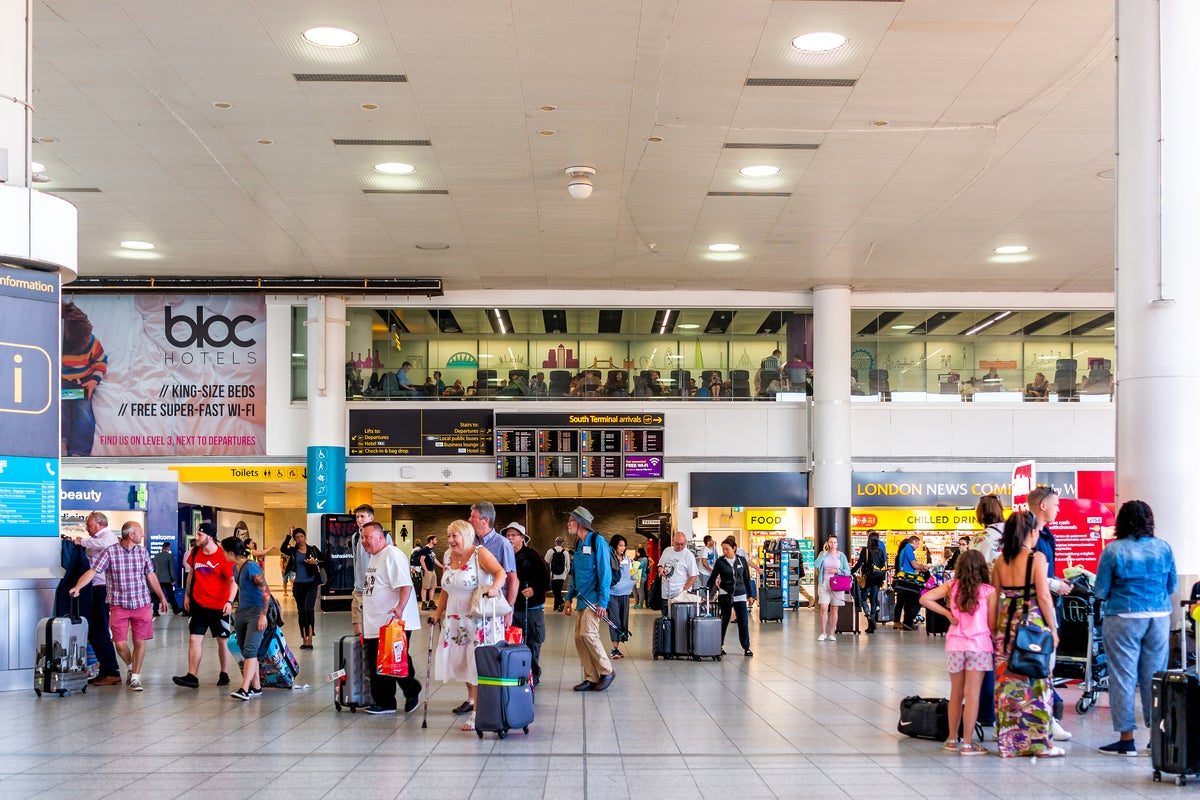IWD Q&A: Barclays' Denise Wong on DEI and sustainability
On International Women's Day, the bank's co-head of Sustainable Banking Group for Asia Pacific, discussed diversity, inclusion, carbon emissions and green regulations.

On International Women's Day, the bank's co-head of Sustainable Banking Group for Asia Pacific, discussed diversity, inclusion, carbon emissions and green regulations.

March 08, 2024
On International Women’s Day (IWD), FinanceAsia recently caught up with Denise Wong, co-head of Sustainable Banking Group, Asia Pacific, Barclays.
Wong (pictured) is based in Hong Kong and discussed the bank’s efforts around diversity, equity and inclusion (DEI), efforts to reduce carbon footprints and how banks can help their clients across the Asia Pacific (Apac) region.
FA: Although there are limited regulations regarding DEI in Apac, how well prioritised is DEI among senior management at Apac corporates and what kind of initiatives are there to help promote DEI?
Wong: At Barclays, our DEI efforts are reflected in the progress we’ve made across our six core diversity agendas – gender, disability, multigenerational, socio-economic, multicultural and LGBT+ and the initiatives within each of our employee networks. Our belief is that the diverse backgrounds, perspectives, and experiences of our colleagues allow us to better serve our customers and clients. We are passionate about building an inclusive workplace.
Offering adequate leave for primary and non-primary caregivers, including for adoption, is a critical component of enabling a diverse, equitable and inclusive culture. We provide six weeks for non-primary and 22 weeks for primary caregivers of full pay in many locations across Apac, which gives vital support and comfort to caregivers and aids the wellbeing of the entire family. On gender diversity, we are taking active measures to identify and develop female talent, and improve representation across senior leadership roles, our group executive committee and at the board level.
FA: In Q1 2024, what are some of the key issues on the minds of corporate and institutional clients in Apac regarding reducing their carbon footprints?
Wong: As the Apac region continues to move from commitment to implementation, the issues related to decarbonisation are complex and multi-faceted, and what’s ‘top of mind’ varies depending on where the company is in their sustainability journey. They are also shaped by other factors including, but not limited to, industry and geographic exposure, access and availability of scalable decarbonisation solutions, and ongoing regulatory and market developments.
In Apac, there is also a divergent trend in energy demand between advanced and developing economies that contributes to the complexity of issues and the overall transition, and each market is at a different stage of capacity and capability building.
Navigating and addressing supply chain and scope 3 emissions continue to be top of mind, especially for Apac companies with exposure to the US and EU where compliance requirements are increasing. We see more Apac companies taking multi-disciplinary approaches to engage with their suppliers and customers, conduct audits, set policies, collaborate with peers and industry associations, and invest in carbon offset projects or renewable energy sources as mitigant strategies. Defining and executing the pathways towards a just and inclusive energy transition across the region will remain a key topic for decades to come.
Apac is also highly exposed to physical climate risk, and extreme weather events throughout 2023 have certainly put climate adaptation high on the list of issues to address.
FA: Are Apac firms behind the curve when compared to European / US peers when it comes to transitioning to a low carbon economy? Is greenwashing an issue in Apac?
Wong: While the EU regulatory environment is more advanced, it’s difficult to generalise solely based on where a company is based. Many factors are in play, and it is a mixed picture across industries. For example, China has been a driver of electrification in the road transport industry and has been the world’s largest market for electric vehicles for several years, yet the transition to clean transportation remains a challenge in the freight transport industry.
Greenwashing is a global issue, and Asia is certainly not exempt from this. We have seen more initiatives by governments and regulatory bodies to establish guidelines, taxonomies, regulations and standards, industry associations promoting them, and companies themselves increasing transparency and accountability to address this.
FA: How can banks in Apac help corporates achieve their aims?
Wong: The transition to a low-carbon economy requires collaboration across all stakeholders, and banks in Apac have a critical role to play. Banks can continue to participate in policy and regulatory developments and facilitate capital flow to support the decarbonisation efforts of corporate clients. This includes, but is not limited to, the development of green and sustainable finance, project-related finance, carbon markets, and other new market and product innovation and related advisory services.
FA: What specific steps are Barclays taking to help clients in Apac?
Wong: We understand the complexities around addressing climate change and are ready to support clients to meet their sustainability goals. We are committed to progressing our ambition to be a net zero bank by 2050. We recently updated our Climate Change Statement to focus our capital and resources at those energy companies engaged in the transition. During 2023, we facilitated $67.8 billion of sustainable and transition financing and are committed to mobilising $1 trillion of sustainable and transition financing by the end of 2030, which benefits our clients in Apac.
Our newly formed Global Sustainable Banking Group is focused on supporting the sustainability needs of APAC clients through a tailored approach to coverage, advisory and execution across M&A, debt, equity, and risk management. Further, through membership of industry associations like the Hong Kong Green Finance Association, we actively help facilitate the development of sustainable finance in the region.
¬ Haymarket Media Limited. All rights reserved.
DEI Gender Equality Banks Profiles North Asia Climate Action Carbon Footprint Carbon Reporting #iwd #barclays #denise wong #dei #carbon footprint #green transition
 Troov
Troov 
































